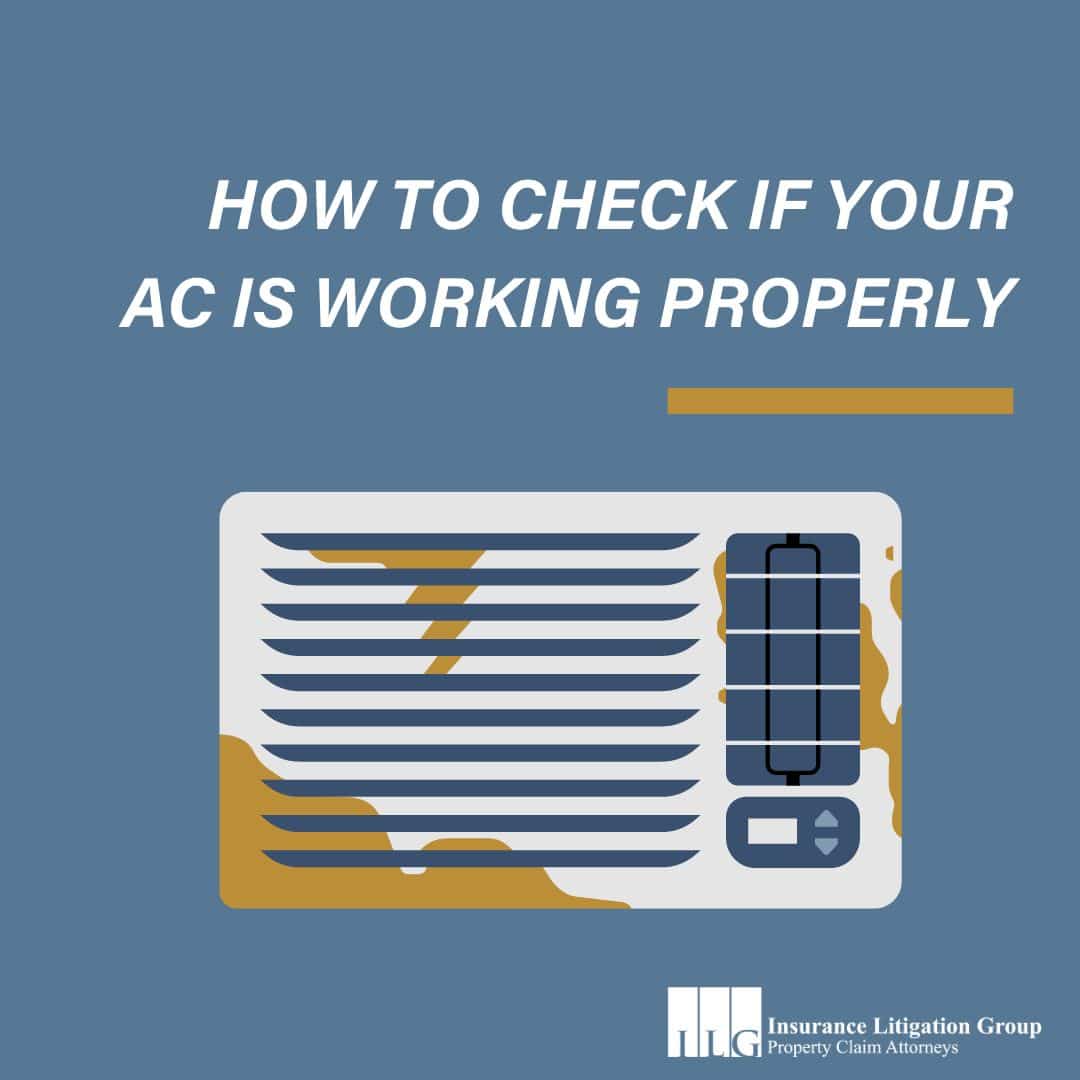According to NBC 6 South Florida, the first Heat Advisory of the season was issued for Miami-Dade and Broward counties as temperatures reached potentially dangerous levels. Afternoon highs were in the low to mid-90s, and heat index values ranged between 105-108 degrees.
With the heat advisory issued, Miami-Dade County urged residents to take extra precautions, especially those who are at most risk such as children, infants, older adults, people with chronic medical conditions, outdoor workers, and pregnant women.
As these scorching summer months arrive, a properly functioning air conditioning system is essential for maintaining a comfortable indoor environment. Regularly assessing the performance of your air conditioning system can help identify any potential issues early on. Here are a few simple steps you can take to check if your air conditioning is working properly.
1. Assess the Airflow:
The first step in evaluating your air conditioning is to check the airflow. Stand in front of each air vent or register in your home and assess the strength and consistency of the airflow. Uneven airflow, weak output, or no air at all are indications of potential problems, such as clogged filters, blocked ducts, or malfunctioning fans. If you notice any issues, it may be time to clean or replace filters or seek professional assistance.
2. Measure the Temperature Difference:
Another effective method to determine your air conditioner’s functionality is by measuring the temperature difference between the supply and return air. Start by locating the air filter and the return air vent. Using a thermometer, measure the temperature of the air being pulled into the system through the return vent. Then, move to a supply vent and measure the temperature of the cooled air being released into your living space. Ideally, the temperature difference should be between 15-20 degrees Fahrenheit (8-11 degrees Celsius). If the difference is significantly lower, it could indicate a problem with your system’s refrigerant levels or compressor, requiring professional attention.
3. Listen for Unusual Noises:
Listen carefully to your air conditioning unit while it’s operating. Unusual or excessive noise can be indicative of underlying issues. Rattling, grinding, or squealing sounds may suggest loose or damaged components, such as fan blades, motors, or belts. Additionally, a buzzing or humming noise could imply electrical problems. If you notice any abnormal sounds, it is advisable to contact a qualified HVAC technician to inspect and address the issue promptly.
4. Check for Moisture or Leaks:
Inspect the area around your air conditioning system for any signs of moisture or leaks. Moisture accumulation near the unit or water dripping from the system can indicate a problem, such as a blocked condensate drain or a refrigerant leak. These issues can lead to reduced cooling efficiency and potential water damage. If you detect any leaks or excessive moisture, reach out to an HVAC professional to diagnose and fix the problem.
By following these tips, you can help to keep your AC working properly and extend its lifespan. If your AC does break down, you may be able to file a claim with your homeowner’s insurance company. The Insurance Litigation Group can help you understand your coverage and file a claim if necessary. Contact us today!




